Editor's note:
The world is vast and full of uncertainties. For people who have an inexhaustible curiosity and an intrepid spirit, traveling is no doubt one of the best ways to explore the great unkonwn.
About 400 years ago, Chinese explorer and geologist Xu Xiake started his 30-year-long adventure and traveled tens of thousands of miles across China. His notes and study of ancient Chinese geography were unprecedented. To commemorate his adventurous spirit, the day he embarked his journey, May 19, has been set as China Tourism Day.
Here we list eight internationally-acclaimed travelers in history, although they come from different cultures and traveled for different purposes, they are all adventurous, determined, fearless and open-minded. Their travel stories have inspired generations of travelers and will continue to do so in the future.
1 Xuan Zang (602-664)
Xuan Zang was a Chinese Buddhist monk and translator in the Tang Dynasty (618-907) . He was famous for his 17-year overland journey to India to discover the origins of Buddhism.
During his pilgrimage, Xuan Zang studied with many renowned Buddhist masters. When the journey ended, he brought back a large number of Sanskirt texts. He then retired to a monastery and devoted the rest of his life to translating Buddhist texts.
Xuan Zang was a significant historical figure in promoting cultural exchanges between China and India. He documented his journey in detail in Great Tang Records on the Western Regions, which inspired the creation of the classical novel, Journey to the West, written by Wu Cheng'en during the Ming dynasty.
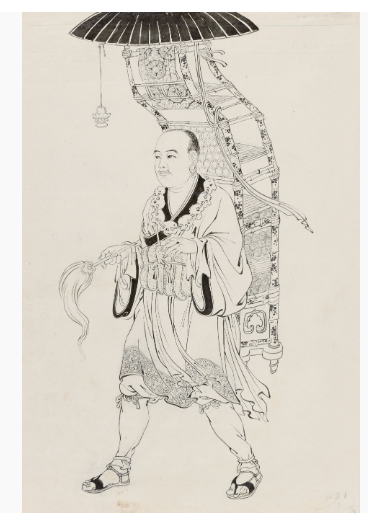
Xuan Zang was a significant historical figure in promoting cultural exchanges between China and India.[Photo/www.cguardian.com]
2 Ibn Battuta (1304-1368)
Ibn Battuta was a Moroccan scholar and explorer who travelled extensively in Afro-Eurasia for over 30 years, with a total travel distance amounting to 72,000 miles.
He toured China from 1345 to 1346, and was the first to introduce China, especially the Great Wall, to the Western and Arab worlds. Ibn Battuta was generally regarded as one of the greatest travelers of all time, and he later detailed his journeys in a book called The Rihla, which has guided numerous historians and travelers.
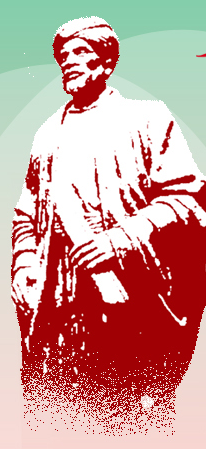
Ibn Battuta was generally regarded as one of the greatest travelers of all time.[Photo/Chinaculture.org]
3 Xu Xiake (1587 – 1641)
Born in East China’s Jiangsu province, Xu Xiake was a Chinese geologist and travel writer during the Ming dynasty (1368–1644). He traveled throughout China for more than 30 years, documenting his journeys extensively.
The Travel Diaries of Xu Xiake, his travel journal compiled by later generations, has proven to be of great scientific and literary value. Today, many of the places reviewed by Xu on his route have become popular tourist attractions.
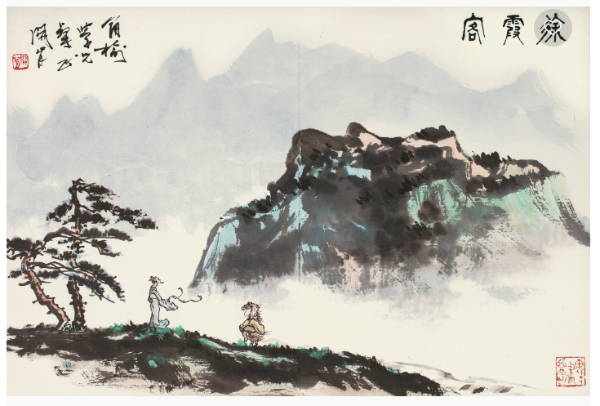
About 400 years ago, Chinese explorer and geologist Xu Xiake started his 30-year-long adventure and traveled tens of thousands of miles across China. [Photo/www.cguardian.com]
4 Christopher Columbus (1451-1506)
Christopher Columbus was an Italian explorer and navigator who carried out four voyages across the Atlantic Ocean between 1492 and 1504, paving the way for widespread European exploration. His expeditions, funded by Spain, were the first European contacts with the Caribbean, Central America and South America.
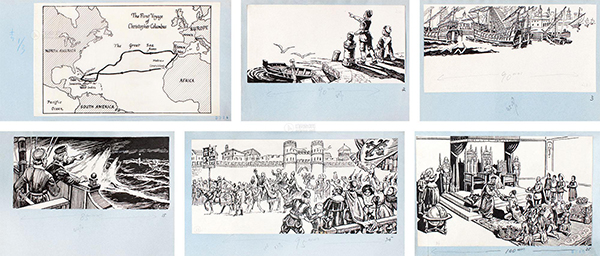
[Photo/artron.net]
5 Zheng He(1371–1433)
Zheng He was a Chinese maritime explorer and foreign diplomat for the Yongle emperor of the Ming dynasty. Zheng commanded expeditionary voyages to Southeast Asia, the Indian subcontinent, Western Asia, and East Africa from 1405 to 1433. The voyages helped spread China’s culture and influence throughout Southeast Asia, Arabia, and eastern Africa.
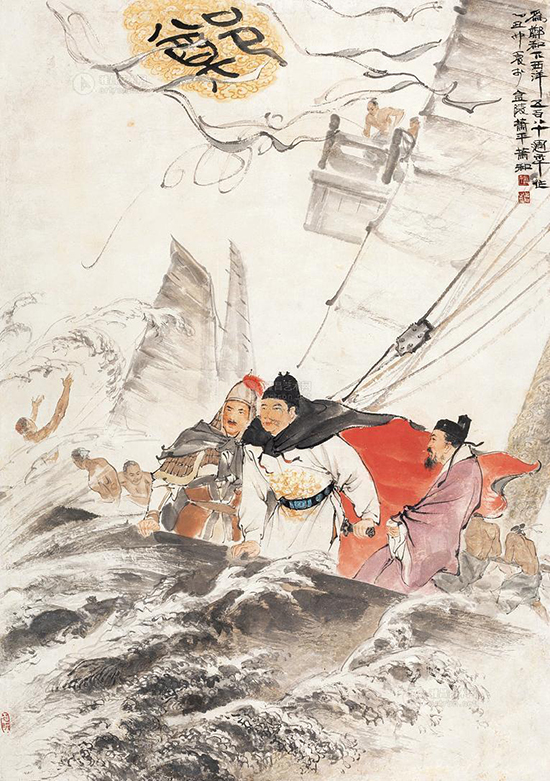
Zheng He commanded expeditionary voyages to Southeast Asia, the Indian subcontinent, Western Asia, and East Africa from 1405 to 1433.[Photo/artron.net]
6 Marco Polo(1254–1324)
The legendary Italian explorer started his adventure when he was 17 years old and traveled through Asia along the Silk Road between 1271 and 1295. Luckily he was a talented writer too, and his travel experiences were vividly recorded in the book, The Travels of Marco Polo, which provided Europeans with fascinating insights into the social and cultural fabric of the Eastern world. Readers can get a comprehensive look at China, Persia, India, Japan and Asian cities.
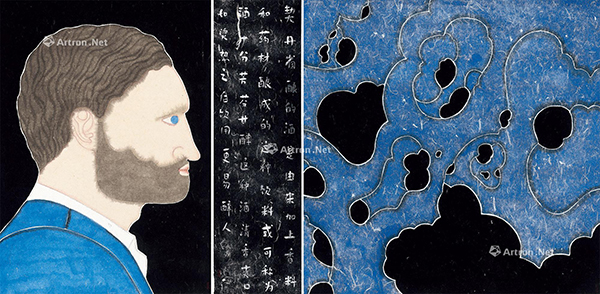
Marco Polo.[Photo/artron.net]
7 Li Bai (701-762)
Li Bai was an acclaimed Chinese poet in the Tang dynasty (618-907). He was such a prominent figure in the Chinese poetry landscape that his fame continues to the present, not only as a poet but also as a romantic literary figure.
He led a wandering lifestyle and was a great traveler; of the over 1,000 poems he left, nearly half are related to travel. His travel experience is vividly reflected in his nature poems, which also include his passion and sentiments during various visits. He sometimes expresses his political ambitions through descriptions of the natural landscape.
Li Bai was even hailed as one of the early travel writers in China and his contributions are of great value to China's tourism culture.
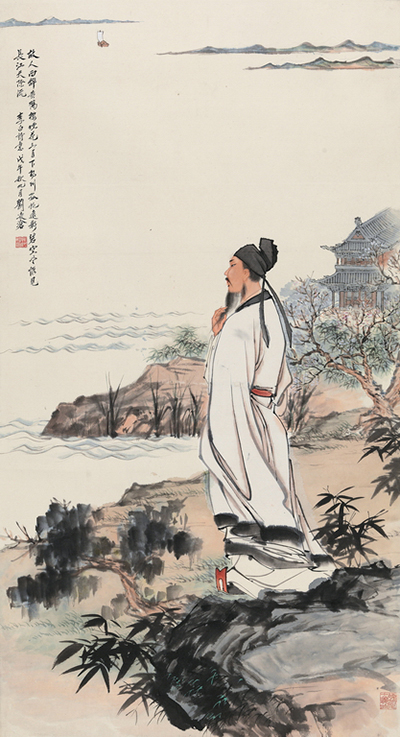
Li Bai was even hailed as one of the early travel writers in China and his contributions are of great value to China's tourism culture.[Photo/www.cguardian.com]
8 Captain James Cook (1728-1779)
Captain James Cook was a British explorer, navigator, and captain in the Royal Navy. He made three voyages between 1768 and 1779 in the Pacific Ocean and to Australia. By finding Australia and mapping New Zealand, Captain Cook essentially created the map of the Pacific we know today.
He almost had all the essential virtues of an excellent traveler. He was fearless in adventure, discreet and precise in the survey and indomitable in hardship. Besides being a navy captain, he was also a good navigator who drew up accurate charts and mapped lands from New Zealand to Hawaii in the Pacific Ocean in great detail, which was unprecedented among western explorers. From his travel notes we can see that he was also a broad-minded person who had genuine interest in various indigenous cultures he encountered along the journey.
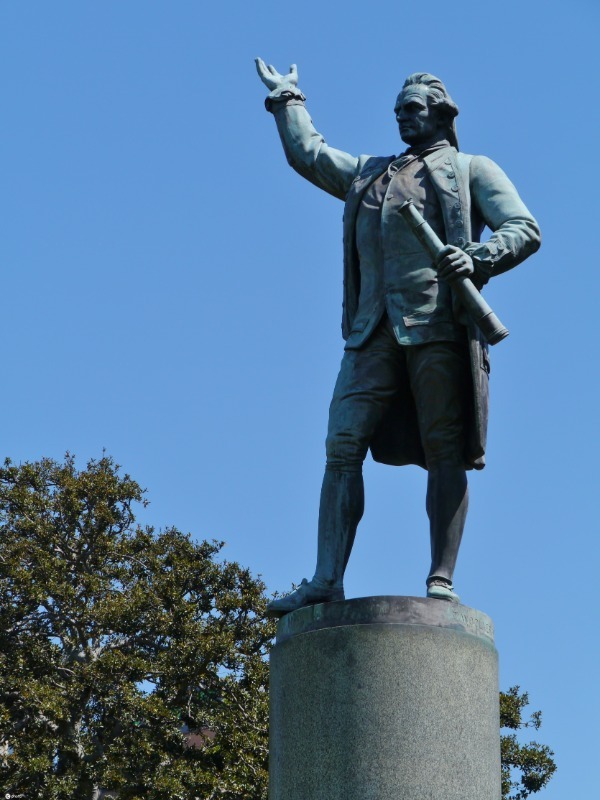
A sculpture of Captain Cook in Hyde park in Sydney in Australia.[Photo/IC]














